0770
Lu Yu writes the Cha Jing or 'Classic of Tea' - a guide to tea origins, preparation and etiquette.
Lu Yu writes the Cha Jing or 'Classic of Tea' - a guide to tea origins, preparation and etiquette.
Liu Zongyuan.
Sterling coins are issued by Saxon kingdoms (240 could be made from 1lb of silver).
The Imperial Diet of Charlemagne meets at Paderborn.
The first tea tax is levied in China.
Viking longships become common.
The Viking Age. Norsemen raid Britain and Europe.
Earliest surviving image of smoking is painted on a Mayan jar.
Charlemagne funds his campaigns through renewed French gold production and captured gold.
Viking raiders follow the River Volkhov and settle in Russia and Ukraine.
Charlemagne, King of the Franks, is crowned King of the Romans by Pope Leo III.

A Chinese book of chemistry describes the formula for gunpowder, invented by the Chinese.
Charlemagne grants Venice trading rights along the Adriatic.
Golden Age of Venice as a commercial centre, trading spices and other goods.
A school of astronomy is founded in Baghdad.
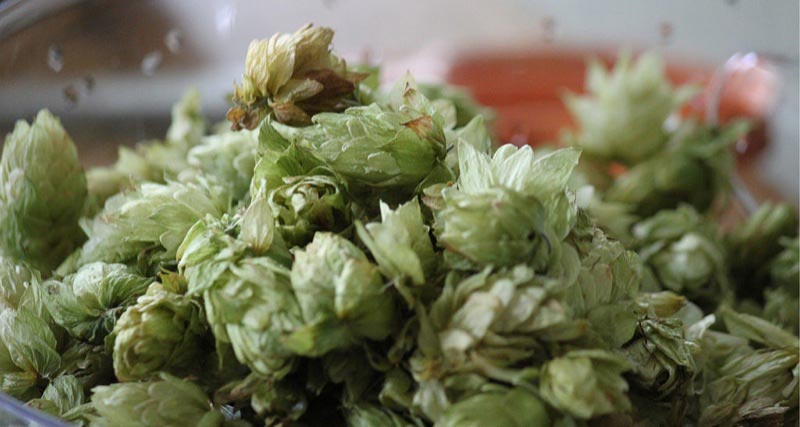
Hops are added to beer by a Carolingian Abbot.
Creation of the Mamluk army, composed of Turkish, Arab and African slaves.
Muslims begin to settle in Sicily and introduce oranges, lemons, cotton, carob, mulberry, date palms and sugar cane.
Arab settlers introduce durum wheat and pasta to Sicily.
St Mark's relics are moved to Venice.
Pietro Tradonico, Doge of Venice, helps to suppress Saracen pirates and thus establishes Venice's pre-eminence as a trading port in the Mediterranean.
Germany is created as a separate area when the Carolingian Empire is divided.
The energising effect of coffee cherries is discovered by Ethiopian goat herders such as Kaldi.
The Chola Kingdom holds sway in India.
Chinese travellers begin to make use of the navigational compass.

The astrolabe is perfected by Arab sailors to aid navigation.
Merchants of southern Arabia and the Persian Gulf trading with China and acquiring porcelain.
Al-Razi.
Vikings take the city of York.
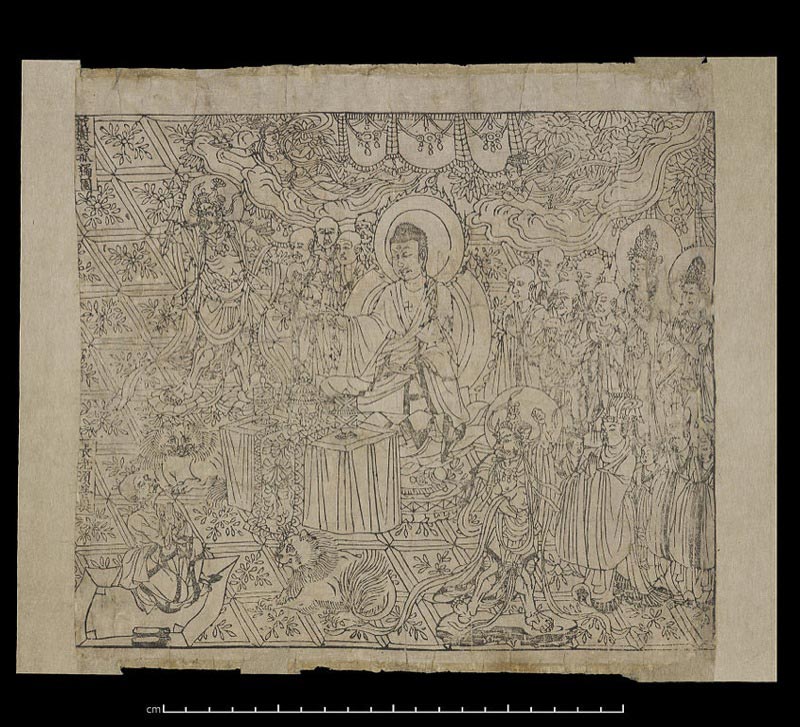
The Diamond Sutra, printed in China, is the oldest surviving printed book.
Norwegian settlement of Iceland.
Alfred of Wessex defeats the Danes at the Battle of Edington and halts the Viking conquest of Britain.
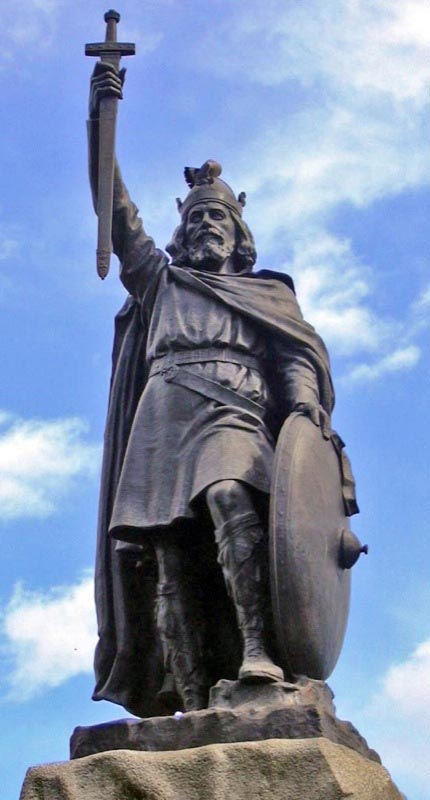
Royal Mint established by Alfred the Great.
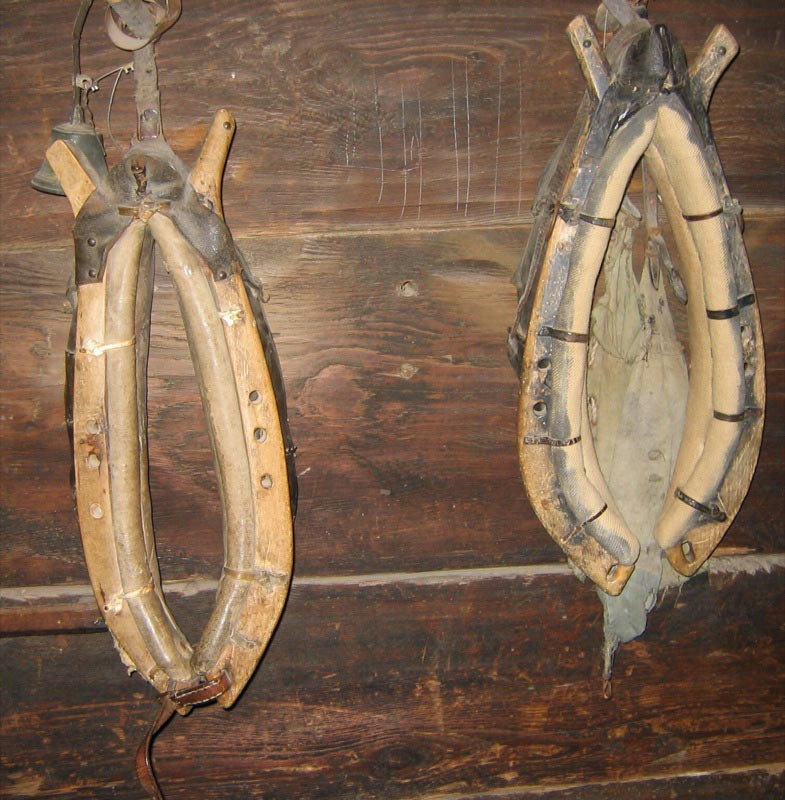
The horse collar is first used in Europe.
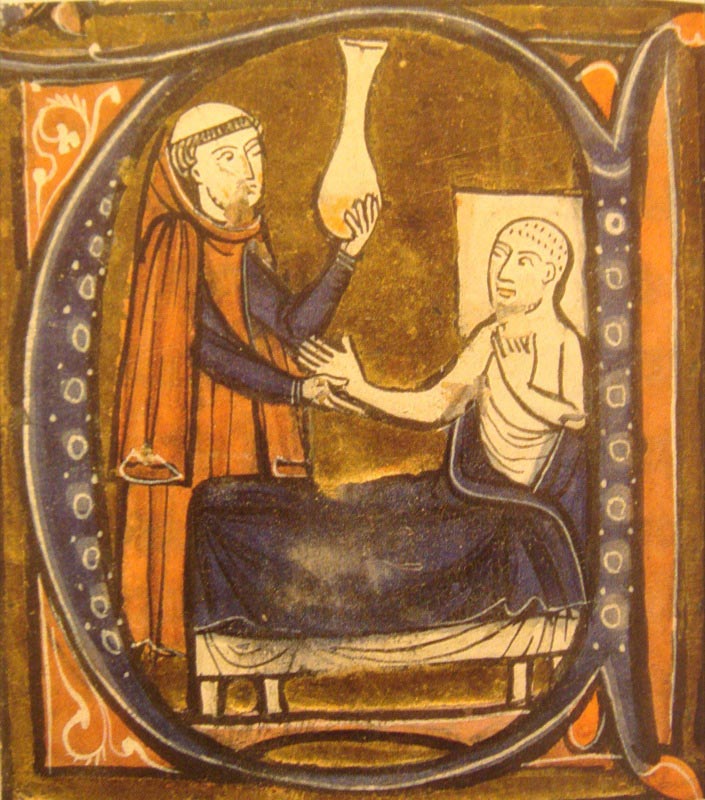
Persian scientist Muhammad ibn Zakariya al-Razi discovers alcohol.
Mayan Civilisation collapses and is replaced with rule by local city states.
The Toltecs hold sway in Mexico until their main city in Tula is burnt down in a local war.
Edible bananas originated in the Indo-Malaysian region reaching to northern Australia and are believed to have been first carried to Europe in the 10th Century A.D.
Extensive codfish commerce took root in the ninth Century, when Norse explorers discovered that cod, because its flesh is less than 1% fat, is easily preserved through drying, making distribution throughout Northern Europe possible.
Vikings under Rollo settle in Normandy, France.
Henry of Saxony defeats the Magyars at the Battle of Riade.
The art of paper making reaches Italy and Spain.
Medieval Warm Period.
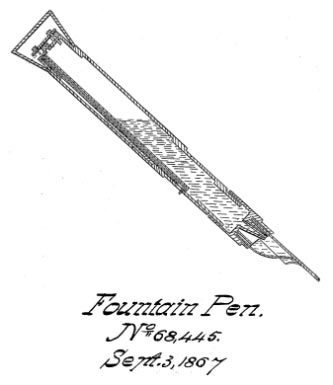
Fountain pens are invented in Mahgreb, in Arabic North Africa.
The Song Dynasty in China. New farming processes increase yields.
Porcelain production begins to spread from China to other parts of south-east Asia.
Otto I, King of the Germans, is made Holy Roman Emperor.
Ibn Sina.
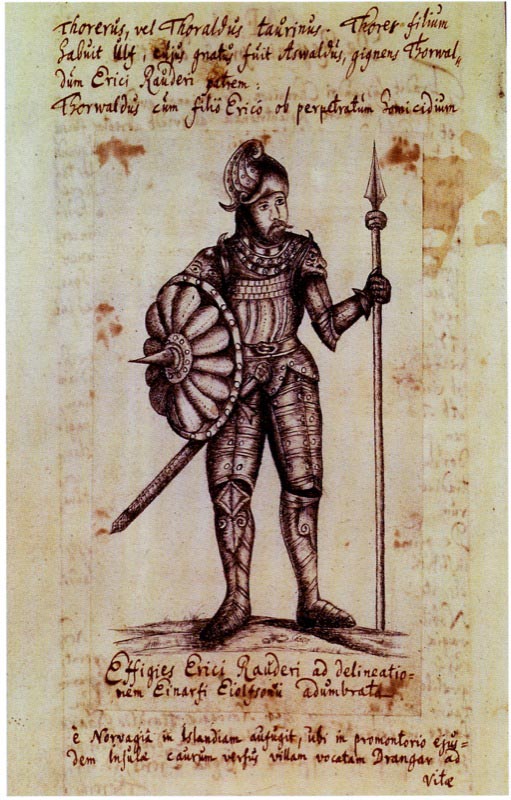
Erik the Red and others explore and colonise Greenland.
The Toltecs capture the Mayan city of Chichen Itza.

Gregoire de Nicopolis introduces Gingerbread to France from Italy.
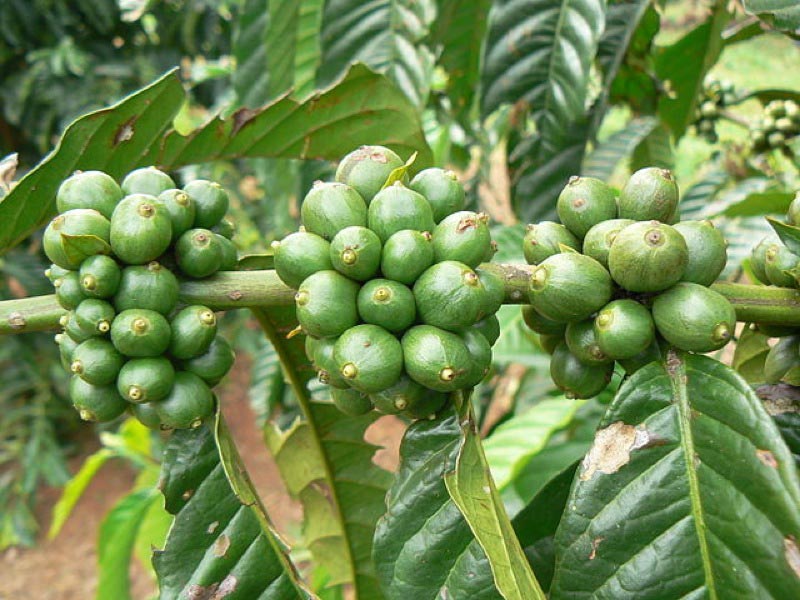
Arab Traders bring coffee plants home to cultivate. They boil the beans to produce Qahwa.
Abu al-Qasim al-Zahrawi writes the medical text, the Al-Tasrif, describing the medicinal uses of opiates.
The Arabs installed the first industrial sugar refinery on the island of Candia or Crete - its Arabic name, Quandi, meant crystalized sugar - around the year 1000.
Leif Eriksson reaches North America and establishes a colony in Vinland, named after the local vines that he discovers. These may have been wild cranberries.
Hippalos writes The Voyage Around the Erythean Sea tracing ancient trading routes around the Arabian Sea and to India and with mention of sugar and spices.
Porcelain factory established at Jingdezhen during the Song dynasty.
Muslim forces invade India.

King Cnut unites England, Denmark and Norway.
Tughril Beg becomes leader of the Seljuks, Turkish-speaking nomads who had migrated from central Asia to Persia.
Ibn Al-Haytham writes his Book of Optics.
Paper currency is introduced in China.
Ibn Sina (Avicenna) writes the Canon of Medicine and descripes opium as a powerful narcotic and anaesthetic.
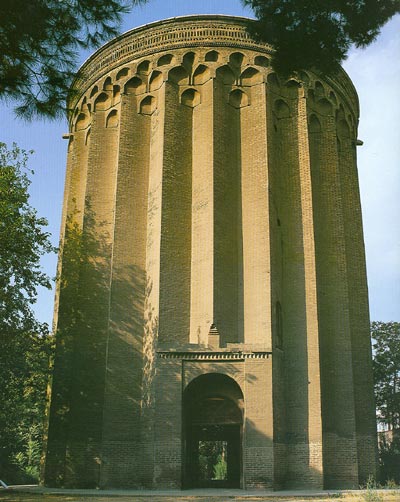
Tughril Beg is made Sultan of Nishapur after defeating many rivals.
The movable type printing press is invented by Bi Sheng.
The Chinese work Wu Ching Tsung Yao describes the use of explosives and petrochemicals.
Norman conquest of Sicily and Southern Italy.
After the Norman invasion, Britain adopts a metallic currency of pounds, shillings and pence.

Emperor Shenzong creates a government monopoly over tea in China.
The New Forest in Hampshire is declared a Royal Forest and is used for deer hunting.
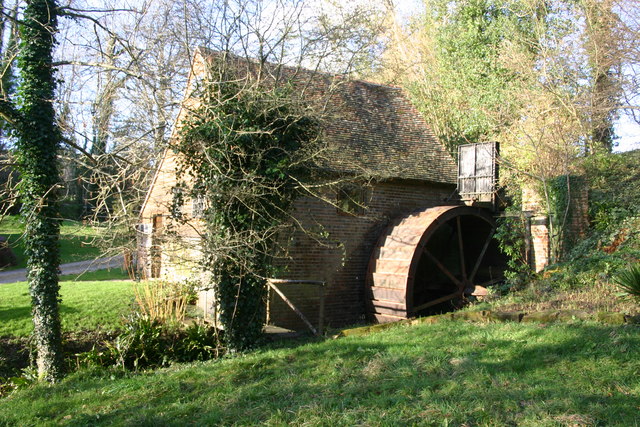
The Domesday Survey confirms that most villages in England have a watermill.